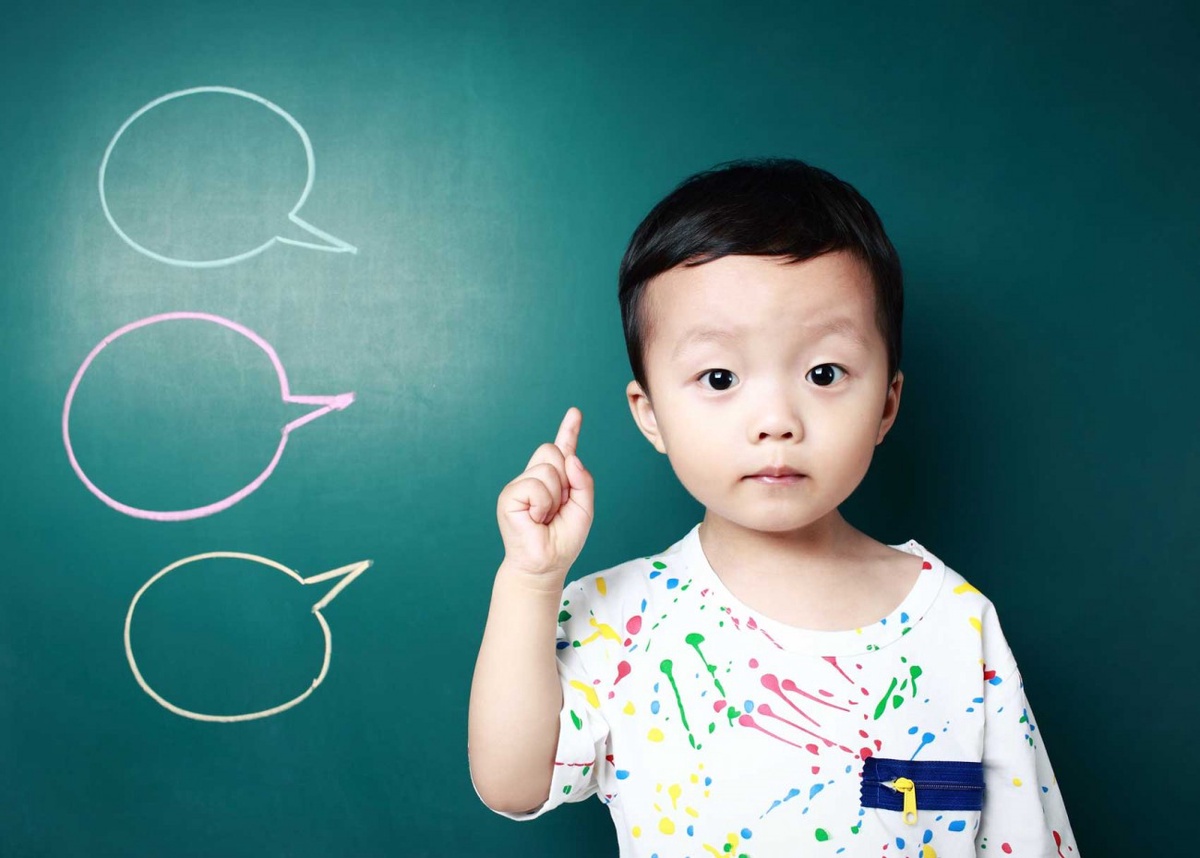As parents, we all want our kids to be successful in life. We want them to be able to think for themselves, make informed decisions, and navigate the world with confidence. One way to help our children develop these skills is through critical thinking.
Critical thinking is analyzing information, evaluating evidence, and drawing logical conclusions. It's a skill that is becoming increasingly important in today's world, as we are bombarded with information from multiple sources, often with conflicting viewpoints.
Fortunately, critical thinking is a talent that can be developed and nurtured from a young age. Children are naturally curious and inquisitive. By encouraging them to ask questions, explore new ideas, and think independently, we can help them develop the critical thinking skills they need to succeed.
This is where books like "Kay-Kay the Kurious Kitty: Kay-Kay Visits the County Fair" by Charm A Mason come in. Charm's books are intentionally written to help parents, caregivers, and teachers promote and guide young children's critical thinking and analytical reasoning skills while engaging in fun and exciting ways.
The book is based on a curious tuxedo kitty named Kay-Kay, who loves to explore her surroundings. As she visits the county fair, she encounters various new experiences, and each experience teaches her a new life lesson. The book highlights the value of a positive attitude and exploration, encouraging children to think critically when encountering new situations.
Enhancing problem-solving skills
One of the key benefits of critical thinking is that it helps children develop strong problem-solving skills. When faced with a problem or challenge, critical thinkers can identify the root cause of the problem, analyze it from different angles, and develop creative solutions. This kind of thinking encourages trial-and-error learning, which teaches children the value of persistence and resilience. It also builds their confidence and independence as they learn to trust their judgment and make informed decisions.
Better academic performance
Critical thinking is also essential for academic success. By analyzing information, children learn to understand complex concepts and ideas. They learn to think critically about reading and writing, which helps them excel in school. Critical thinking also helps children think creatively and develop new ideas.
In "Kay-Kay the Kurious Kitty," Kay-Kay's curiosity and love of exploration help her learn new things and understand the world around her. Her critical thinking skills also help her understand the lessons she learns at the county fair.
Developing analytical reasoning skills
Another advantage of critical thinking is that it helps children develop strong analytical reasoning skills. This means distinguishing between fact and opinion, evaluating evidence and arguments, and recognizing biases and fallacies. In today's world, where information is everywhere and often contradictory, analyzing and evaluating information objectively is a crucial skill. Critical thinkers are able to separate fact from fiction and make informed decisions based on reliable evidence.
Promoting creativity and innovation
Critical thinking also fosters creativity and innovation. When children are encouraged to think critically, they are more likely to develop new ideas and solutions to problems. They are able to approach problems from different angles and consider alternative perspectives. This thinking encourages a growth mindset, where children believe their capabilities and intelligence can be developed through hard work and persistence. They are keen to take risks and try new things, which is essential for success in today's fast-changing world.
Building self-awareness and empathy
Critical thinking also promotes self-awareness and empathy. When children learn to think critically, they become more aware of their biases and assumptions. They can recognize and challenge their thinking, which leads to greater self-awareness and self-reflection. They are also more likely to empathize as they learn to understand different perspectives and experiences. This kind of thinking encourages positive relationships and a sense of community, essential for success in all areas of life.
Incorporating Critical Thinking into Children's Learning
Now that we know the benefits of critical thinking, how can we incorporate it into our children's learning? One great way is reading books promoting critical thinking and analytical reasoning skills. Charm A. Mason's "Kay-Kay the Kurious Kitty: Kay-Kay Visits the County Fair" is a great example of such a book. It tells the story of Kay-Kay, a fun-loving and curious tuxedo kitty who learns life lessons and thinks critically when encountering new situations. The book is intentionally written to help parents, caregivers, and teachers promote and guide young children's critical thinking and analytical reasoning skills while engaging in fun and exciting ways.
Another way to incorporate critical thinking into children's learning is to encourage them to ask questions and explore new ideas. Encourage your children to think critically by asking open-ended questions that encourage them to think creatively and independently. Encourage them to explore new topics and ideas by providing various resources and opportunities.
Critical thinking is a treasured skill that can benefit your child's future success. It enhances problem-solving skills, develops analytical reasoning skills, promotes creativity and innovation, and builds self-awareness and empathy. Incorporating critical thinking into your child's learning sets them up for success in all areas of life.
As parents, caregivers, and educators, it's important to encourage and promote critical thinking in our children. We can do this by allowing them to explore new ideas, ask questions, and think independently. We can also incorporate books like "Kay-Kay the Kurious Kitty: Kay-Kay Visits the County Fair" into their reading materials to help them develop critical thinking skills while having fun.
In conclusion, critical thinking is an ability that is becoming increasingly important in today's world. By promoting and guiding critical thinking in our children, we are helping them to develop the skills they need to succeed in life, both now and in the future.


No comments yet